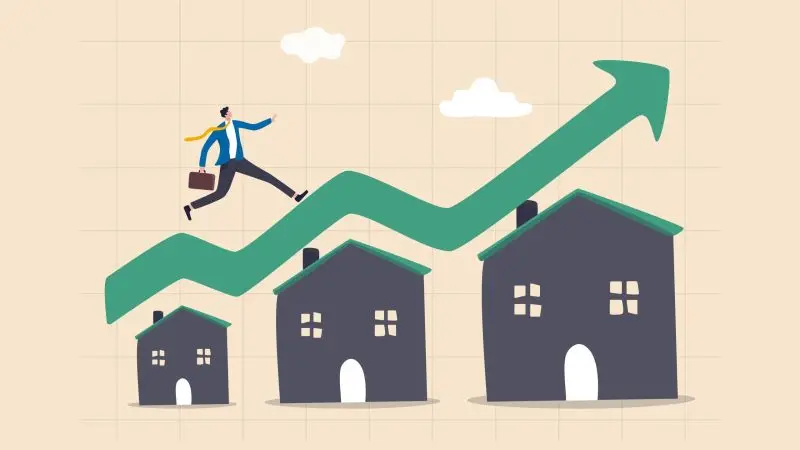After years of low interest rates, the housing market is starting to slow down. This is mostly due to rising mortgage rates, but there are other factors as well.
Generally, when interest rates are lower, consumers will be more likely to buy homes. This is because it will cost them less to borrow money for a home than at other times.
Supply and Demand
The housing market is affected by supply and demand, with a variety of factors working together to impact prices. The demand side includes factors like mortgage rates, economic growth and population. The supply side includes factors such as construction costs and government policies.
Mortgage interest rates are influenced by the 10-year Treasury bond rate, which is also a direct reflection of the federal funds rate. Rising mortgage interest rates reduce homebuying demand and decrease the ability of borrowers to qualify for loans.
Other factors that impact demand include a desire to live in a particular area, the preference towards homeownership and social norms around debt. During a housing boom, a wave of new buyers enter the market, pumping up demand.
But a downturn in demand can be triggered by high house prices, rising mortgage rates or both. The supply-side of the equation is impacted by factors such as zoning controls, the presence of Not-In-My-Backyard attitudes and other local barriers to development.
Inflation
As the inflation rate rises, real estate prices typically rise along with it. This is primarily because there’s a limited amount of fiat currency in the world, and as the money supply grows through lax monetary policies (aka money printing), each unit loses value over time.
High inflation also increases the cost of building new homes. The increased expenses could make would-be homebuyers weary of putting down an investment on property, which in turn may slow housing sales.
Moreover, higher mortgage rates increase the overall homebuying costs, which makes it difficult for buyers to qualify for a loan. This can further discourage housing sales and cause the market to cool. On the flip side, investors who purchase real estate can capitalize on rising inflation by passing through the higher costs to their tenants and benefiting from a long-term increase in home values. This is called hedging inflation.
Economic Growth
Economic growth is a necessary condition for healthy housing markets. If the economy is not growing, people are less likely to buy new homes. This can lead to a decline in construction and a slowdown of overall economic activity.
During periods of rapid economic growth, home prices rise as demand is strong. This leads to a positive wealth effect which can encourage consumer spending. However, a rapid increase in house prices can also cause a bubble which may deflate and slow down economic growth.
Evidence from country studies shows that a normal housing cycle has a positive impact on GDP growth. However, the asymmetrical relationship between house price appreciations and economic growth could be explained by a crowding-out effect during housing booms, where investment is crowded out by mortgage lending.
Large house price depreciations, on the other hand, can boost economic growth through capital allocation efficiency and labour mobility. Moreover, they can help to clear zombie firms out of the market.
Consumer Confidence
Consumer confidence is an important indicator of how people feel about their financial future. It can be impacted by various factors, including inflation, unemployment, economic growth and housing markets.
Generally, when consumers are confident about the economy, they will spend more money, boosting economic growth. This is known as the wealth effect. However, if people are worried about the economy, they may withdraw from spending, slowing economic growth.
Mortgage interest rates have risen significantly this year, making it harder for would-be home buyers to afford a house. This has led to a drop in consumer confidence, which has been exacerbated by concerns about global economic growth and falling commodity prices.
However, the increase in mortgage interest rates has slowed the rate of price increases, helping to ease consumer fears. The housing market is an ever-changing landscape, and interest rates are a key factor in its trends and movements. For more information, contact a real estate agent.




